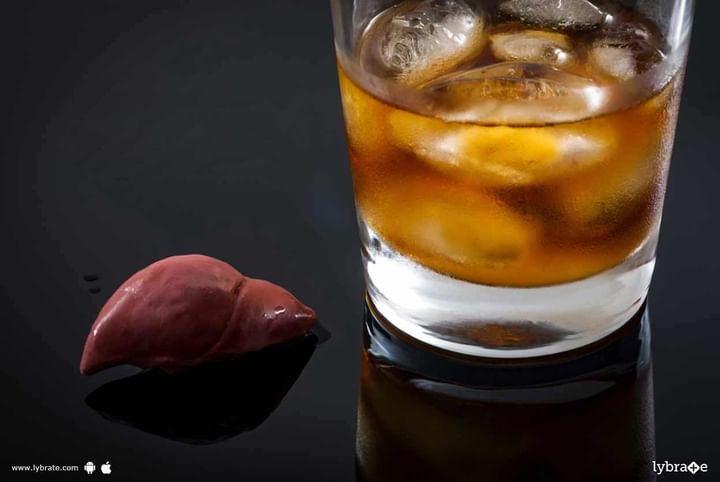Alcoholic Liver Disease - How To Detect It?
The liver is the center of metabolism, which is involved in removing various toxins from the body. Alcohol is one of the toxins that gets eliminated via the liver, and when a liver is exposed repeatedly to alcohol, it gets inflamed, scarred, and results in reduced functionality. This is known as an alcoholic liver disease and affects about 40% of all heavy drinkers. The affected age group is often 40 to 60, males more than females, though females who are heavy drinkers tend to have severe alcoholic liver disease.
Heavy drinking is when a person has more than 5 drinks within a few hours at least 5 times a month. For women, it is more than 4 drinks within a few hours at least 5 times a month.
Symptoms: Alcoholic liver disease is a chronic condition, and there are no overnight symptoms. However, over a period of time, the person will present with the following:
- Jaundice (yellowing of the skin and the whites of the eyes)
- Unexplained weight loss
- Fluid build-up in the abdomen
- Itching of the skin
- Gastrointestinal bleeding
- Black, tarry stools.
Diagnosis: When a person presents with these symptoms, the doctor can get suspicious and the diagnosis of alcoholic liver disease is confirmed by:
- A detailed medical history with focus on history of alcohol consumption.
- Liver enzyme testing, which often shows elevated liver enzymes.
- Liver biopsy to confirm the diagnosis.
Complications: If left untreated, the liver can continue to undergo inflammation, further affecting its function. Overall metabolism is severely affected. The fluid build-up in the abdomen (ascites) could be dangerous. Jaundice can reach lethal levels, and so intervention is very essential.
Treatment: The point to note is that if identified early on, the condition can be reversed if some key steps are taken:
- A person can be made to quit drinking, and this can stop further damage. In many cases, this also helps reverse the damage that is already done. This could require some psychological counseling and group therapy too. This needs to be sustained for the person to recover.
- Diet changes: Switch to a low-sodium diet, with less packaged foods. Eat more of fresh fruits and vegetables. Include vitamin and mineral supplements to improve overall liver function.
- Steroids: The liver undergoes inflammation constantly, and so steroids can help fight this inflammation. They are often given in small doses at a regular frequency.
- Antibiotics: If the liver is infected (alcoholic hepatitis), then antibiotics may be required.
- Ascites is treated with drainage of the fluid.
Periodic monitoring is essential to prevent relapse and complete recovery.



+1.svg)
